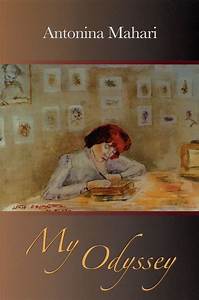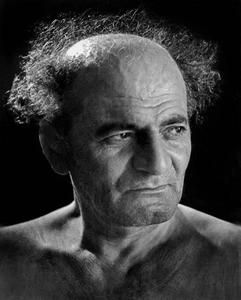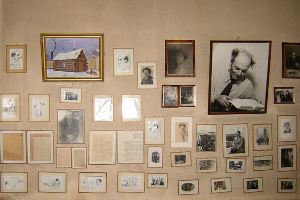“That’s how the world is arranged: they can take anyone’s freedom from him, without a qualm. If we want to take back the freedom which is our birthright — they make us pay with our lives and the lives of all whom we meet on the way. They can do anything, but we cannot. That’s why they are stronger than we are.”
― Georgi Tenno, The Gulag Archipelago, 1918-1956: An Experiment in Literary Investigation
NEW YORK — Born in 1923 into an educated family of the Vilnius bourgeoisie, Antonina Pavlitayte spent her early twenties during the Nazi occupation that devastated her home country of Lithuania during WWII.
Much of the country was stripped of its freedom and people — often the most accomplished members of society — were summarily executed at a whim. The Gestapo imprisoned Pavlitayte on trumped-up charges. She watched members of the country’s leading intellectuals and artists, many of them her friends, mercilessly tortured until they perished rather than confess to crimes that they had never committed. Pavlitayte decided to remain in Lithuania after the war despite warnings from many of her peers who fled to the West. This was a decision that the young writer and thinker was later to regret when an even greater threat descended on her nation in the form of the Soviet Russians who drove out the Germans from this once powerful Baltic kingdom.

After having watched so many of her fellow Lithuanians murdered and tortured by the Nazis in the most abhorrent ways, the young Pavlitayte discovered that if any group of people could perhaps equal the Nazis in vicious ideological warfare and abject threat, it was perhaps the Stalinists. Antonina had a heart of gold and a will of steel, but seeing her fellow countrywomen psychologically tortured and publicly accused of being everything from traitors to their nation to common street whores, was even more difficult. One might have expected such behavior from Fascists who after all placed the nebulous entity known as the “Nation” above all individuals – and over the concept of freedom itself. But Fellow Travelers and the original Marxist-Leninists both had dreamt of a brotherly utopia where societal resources and individual wealth would be shared equally by all — the fall seemed even greater yet. How then to reconcile any of this with Louis Althusser’s observation that “Ideology… is indispensable in any society if men are to be formed, transformed and equipped to respond to the demands of their conditions of existence.”












